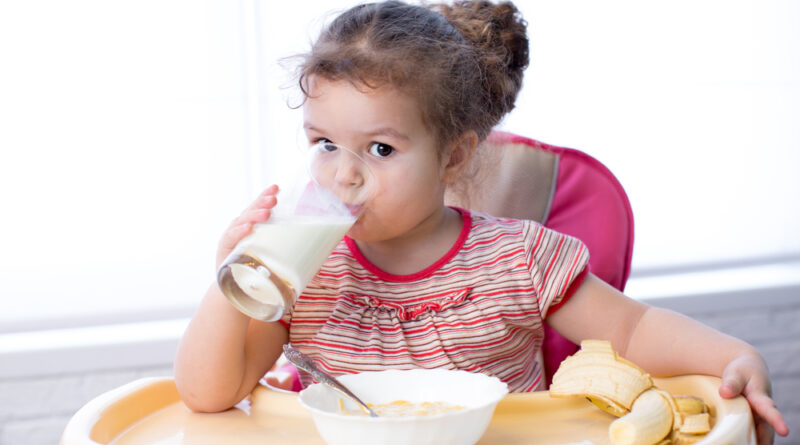Protein is especially crucial during the toddler years because that is the time of rapid growth and development. It is required for tissue healing, repair in muscle, bone, skin, hair, energy production, and so on. Symptoms like tiredness, lack of attention, slower growth, reduced immunity, etc. may be experienced if your child does not get enough protein in their diet. Experts recommend that children aged 1-3 years need roughly 13 grams of protein per day. Protein supplements such as protein powder may be beneficial if your child is unable to acquire enough protein from wholesome food. Read on to decide if it is safe for your youngsters to grab a kid friendly protein shake as a supplement.
Protein Requirements for Toddlers
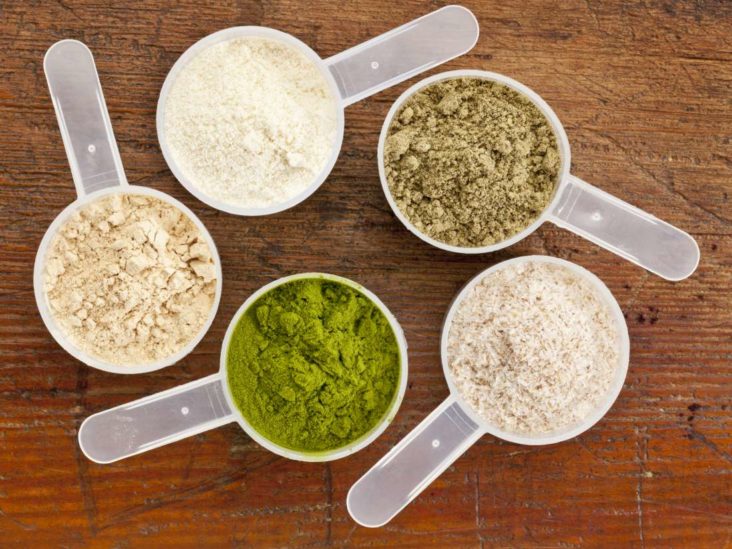
source: medicalnewstoday.com
Active youngsters may require more calories, and thus slightly more protein. Protein requirements are subdivided by age for younger children. For instance, when a child reaches the age of two and can eat solid food, they require a daily protein equivalent of two ounces until they reach the age of three. Their needed consumption should quadruple between the ages of 4 and 8.
Children aged 4 to 9 require 19 grams of protein per day. Between the ages of 9 and 13, 34 grams is required. It also varies by gender! For teenagers aged 14 to 18, boys require 52 grams and girls require 46 Grams.
Furthermore, children’s protein requirements per kilogram of body weight are about double those of a fully grown male during the years of major growth. The age of a child and the amount of protein they require are inversely proportional.
Protein-Rich Foods and Protein Powders
A well-balanced protein-enriched healthy diet includes eggs, nuts, seeds, poultry, soy products, lean meat, and other foods in the proper proportions with grains, vegetables, fruits, oil, and fat. Plant proteins are an excellent source of protein and amino acids, but to get the most benefit, consume animal proteins. You can simply make a kid friendly protein shake by combining nutritious ingredients with the best protein powders on the market to give your kids more energy, help them gain weight, or replace nutrients they’ve lost due to picky eating.
There’s a lot of conflicting information out there when it comes to kids’ protein powder consumption. Some powders are suitable for children, others you should avoid entirely. There are some natural protein powders on the market that would be not only adequate but also good for youngsters. As much as we’d all like to eat nutritionally balanced meals all day, busy families often require a simpler, faster option, and smoothies are ideal for this. Protein powders with fruit, vegetables, and nut butter are nutrient-dense and quick to prepare. If you have a picky eater, make something in their favorite colors.
Varieties of Protein Powders to Choose From
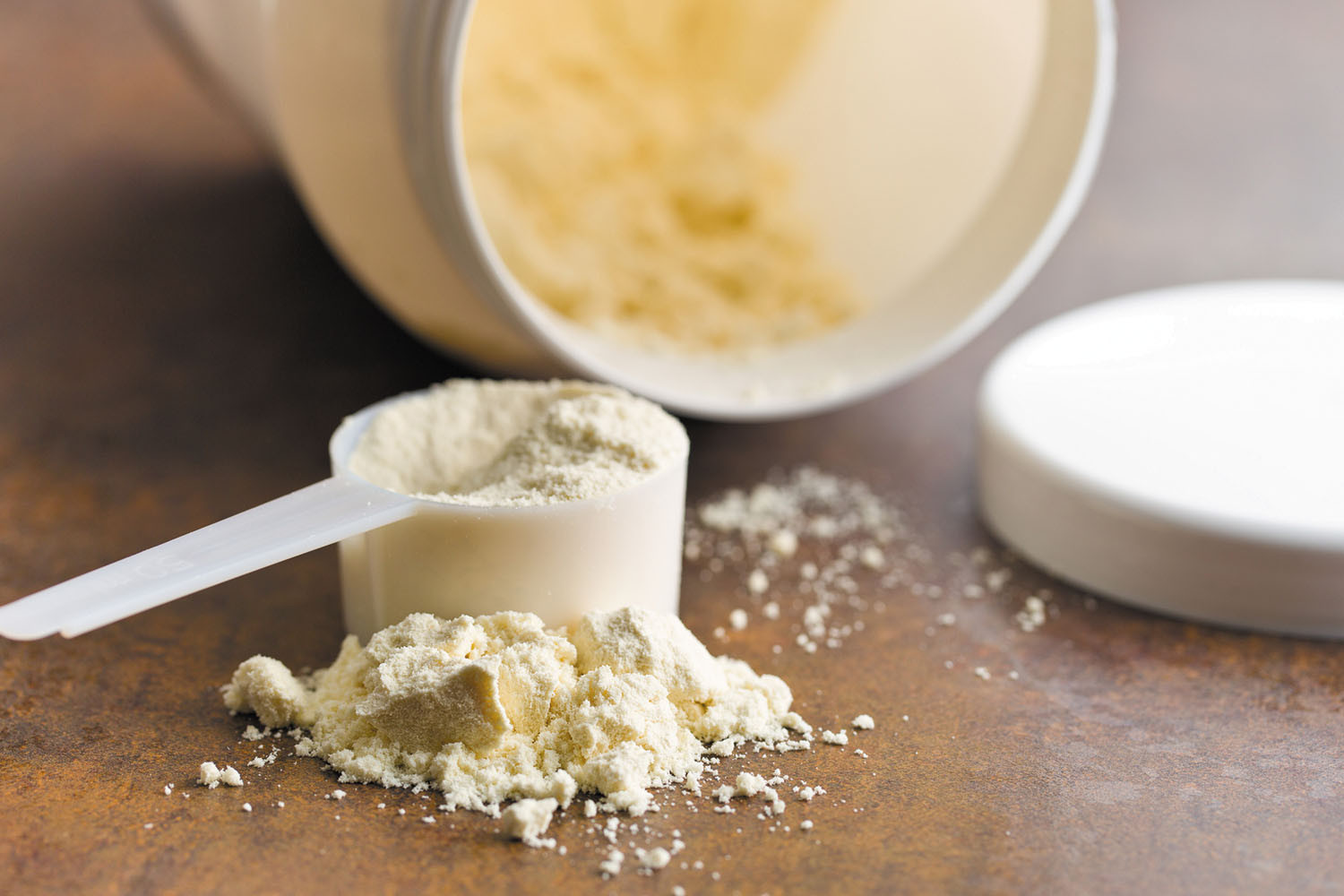
source: pinterest.com
Protein powder comes in three varieties for kids. These are whey, casein, and soy protein powder. Whey protein powder contains vital amino acids for a child’s growth. It is generated from cow’s milk, which is one of the safest and purest options for children.
Casein protein powder is also generated from milk; however, it lacks the amino acids required for a child’s development. This protein powder is more difficult to digest and can make a youngster feel satiated for extended periods. Because some youngsters are sensitive to dairy, soy powder is sometimes utilized instead. Because it is a vegan product, many vegetarians prefer it. This protein powder has a lot of important amino acids.
However, because soy might cause allergies in certain kids, it should only be used as a substitute if a doctor suggests it.
Choose the Right Protein Powder
If a doctor says protein powder is important, look for one with an adequate amount of protein, taking into account the child’s age and current protein intake. Select a product with no additional sugars, no large doses of vitamins, minerals, or other nutrients, and the fewest number of ingredients possible.
Look for GMP or “good manufacturing practice” labels on the product. This ensures that the product has been made following industry best standards and lists all of the contents in the product to assist you in making educated selections.
Consult a Pediatric Dietitian
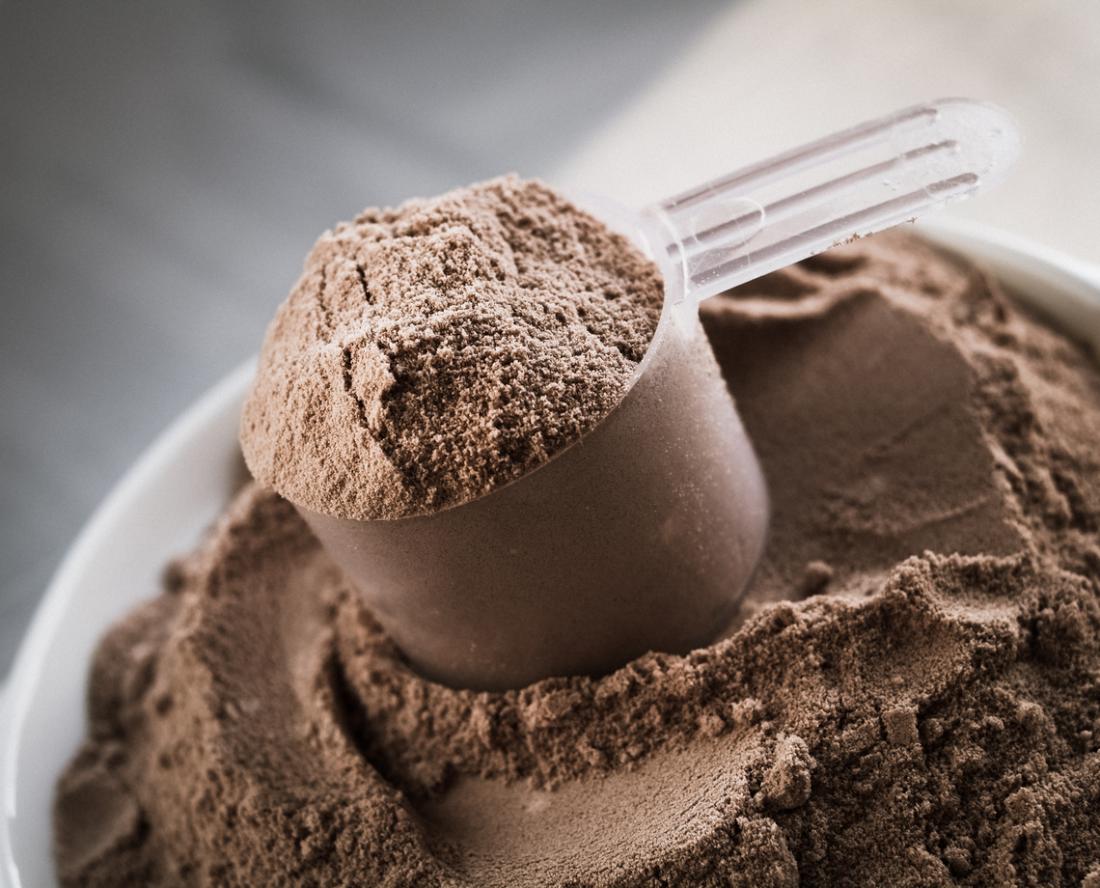
source: medicalnewstoday.com
Consult a pediatrician before purchasing the best protein powders for your kids to ensure that they are safe to use. If you discover that your child is underweight or has a metabolic issue, you may need to offer a protein supplement. In such instances, you should seek medical counsel before deciding on a diet that includes a protein supplement. Protein powders, which are easy to incorporate into a fruit smoothie, may be appealing as a quick fix for picky eaters.
Always consult with your physician or a nutritionist before purchasing a protein powder if you’re concerned that your child’s nutritional needs aren’t being satisfied. If you give your child a variety of healthful foods, and they drink the appropriate quantity of milk or a dairy-free substitute each day, they are likely getting enough protein.
Supplemental Protein is Not for Healthy Children
Researchers looked at the available information on the effects of protein supplements in children with chronic conditions such as cystic fibrosis and pediatric cancer in the review. Due to a lack of appetite or difficulty absorbing nutrients, these frequently prevent youngsters from acquiring appropriate nutrition.
The researchers discovered that ingesting protein powder did not result in substantial weight, height, or nutritional benefits for them. It’s worth noting, though, that these findings might not apply to healthy kids. In general, protein shortage is uncommon in the United States, and healthy children rarely require additional protein.
When Protein Powder Is Needed
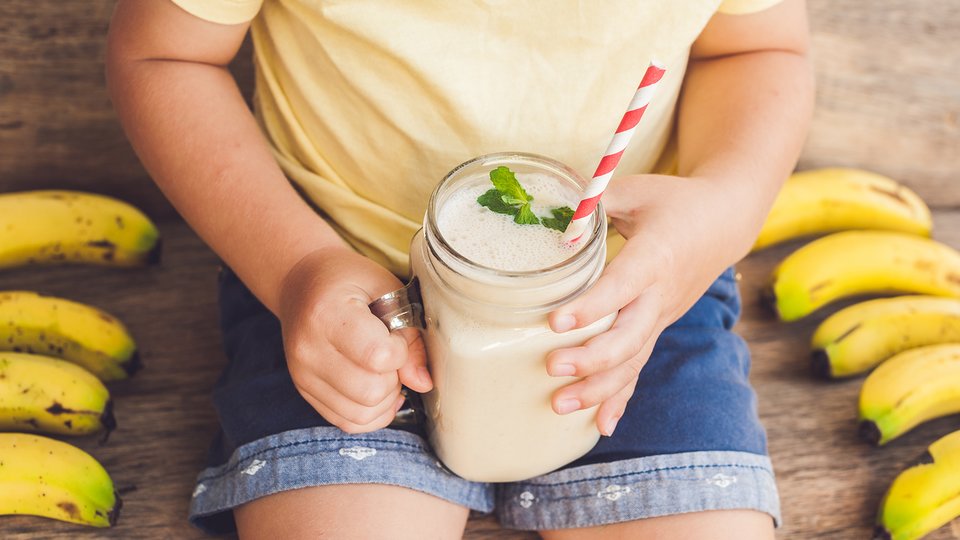
source: bodybuilding.com
You can increase the amount of protein-rich meals in their diet if your child has any of the following ailments:
- Being underweight or stunted, with slower than normal growth for someone of this age
- Insufficiency in the immune system, causing frequent illnesses
- Cravings for food or a constant state of hunger
You may supplement their diet with eggs, almonds, seeds, poultry, soy products, lean meat, and other foods in adequate quantities. If you’re still not satisfied, seek medical counsel. Additional protein in the form of a protein supplement, such as protein powder or shakes, may be required.
Dangers of Consuming Excess Protein Powder
If the youngster consumes more protein powder than is required, it could be dangerous. Their metabolic system may become overwhelmed as a result of their high protein intake. Protein-rich diets may also increase the risk of cancer and coronary artery disease. Bloating, diarrhea, gas, and cramps are all possible digestive issues for the child.
Overeating or obesity may be caused by an excess of protein in the body. Excess calories consumed in the pursuit of a higher protein intake can be stored as fat. The function of the kidneys may be harmed as a result of a high protein diet. To filter out the trash, the kidneys have to work overtime.
Dehydration can also be caused by a high protein level in the system. In the liver, protein creates nitrogen. As a result, the liver’s ability to handle waste and harmful chemicals is reduced. High protein content in the body might lead to kidney stones.
Are Kids’ Protein Powders Necessary?
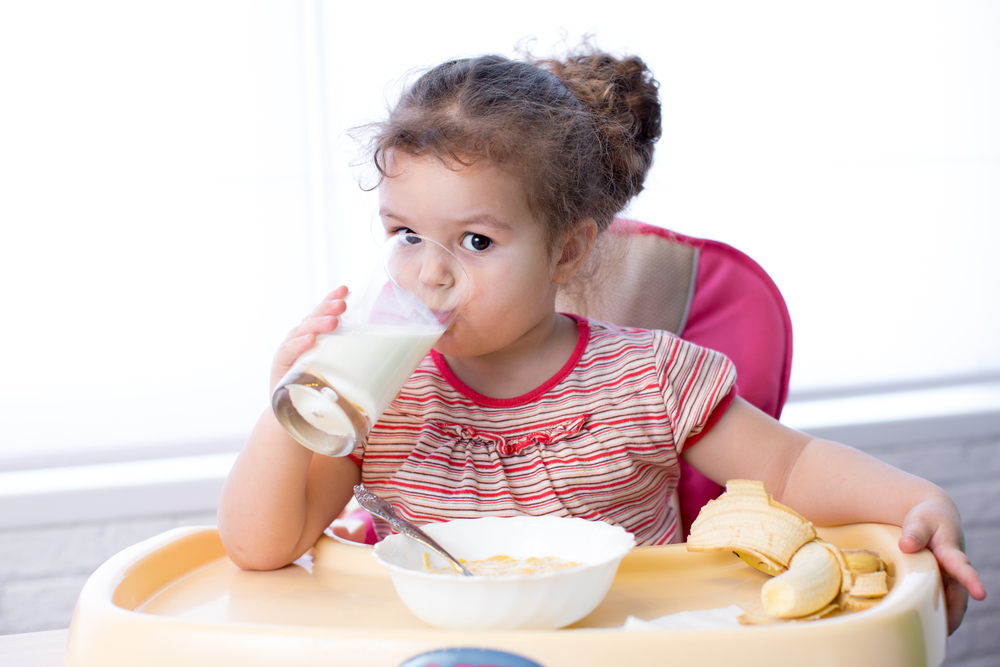
source: meredithcorp.io
Kids’ protein supplements may cause your child to gain weight. Because of their sweet taste and flavor, the child may lose interest in ordinary food and prefer protein powder or protein drinks instead. As a result, before giving a child protein supplements like protein powder, a doctor should be consulted.
The majority of children in the United States do not require protein supplements. Protein powder does not appear to help children grow, and there is no evidence that it does. A doctor should be consulted if a parent is concerned about their child’s nutrition, growth, or weight.
If a doctor suggests supplements because a child isn’t getting enough protein from their diet, search for a protein powder that is age-appropriate and has few ingredients and no added sugar.
Final Thoughts
A nutritious meal is important for a child’s physical and mental development. Proteins, carbs, amino acids, and vitamins and minerals should all be included in a child’s diet. Proteins and amino acids are the building blocks of life, so give your child the nutrition he or she needs for healthy physical and mental development.
Protein powder or a similar protein supplement may appear to be a quick answer for your child’s malnutrition, underweight, or immune system issues. In reality, the vast majority of children do not require such a supplement. Their health can be improved by eating healthy foods regularly.
Consuming too much protein can have negative consequences. Before deciding on supplements, always visit a pediatrician or a dietician. It should be sufficient if the child eats a balanced diet in sufficient amounts regularly.

